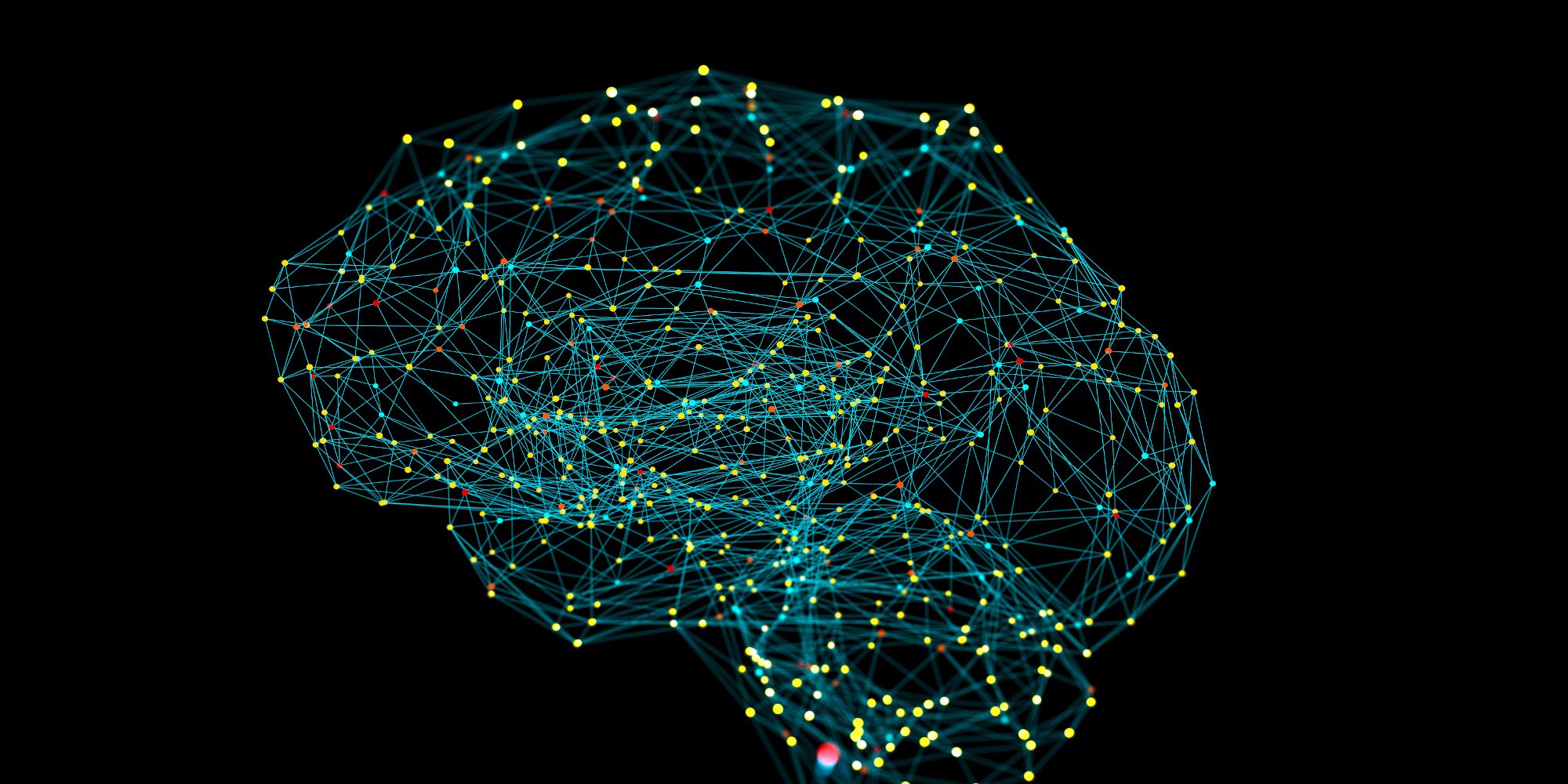
Artificial Intelligence
Worldwide Transformation
2nd July 2020
The quest for advanced artificial intelligence (AI) is gathering pace across the world, unlocking opportunities in every industry it touches. Considered by many to be the most revolutionary technology of the past decade, AI has come to the fore once again through the COVID-19 novel coronavirus outbreak, recruited into international efforts to eradicate the disease. With the potential of AI continuing to grow at an exponential rate, we handpick some of the latest developments in this space.AI for good
AI has played a crucial role in the fight against COVID-19, delivering results in the development of drugs and vaccines, and providing support for public policy decisions through data analysis. While this demonstrates one aspect of AI's potential for good, its applications have a much wider reach. The technology is being used to tackle some of the planet's biggest issues, ranging from climate change to world hunger. In the UK, Imperial College of London has developed a system that identifies social, environmental and health inequalities using deep learning and street imagery. Meanwhile, Microsoft's AI for Earth program is supporting conservationists to protect wildlife on the verge of extinction through logging and tracking their movements.AI in education
It's widely accepted that AI is important to the future of education. Recent advances in technology have seen machines' ability to read and write close to matching that of a human, highlighting the vast opportunities for AI to lend support in the field. Earlier this year, UK government exams regulator, Ofqual, launched a competition to explore the potential role of AI in the marking process. In addition to its administrative benefits, AI is also helping create a more personised experience for students, tailoring training materials according to individual ability and preferred mode of learning. AI and autonomous vehicles
Autonomous vehicles continue to be a hot topic, promising to transform the transportation industry as we know it. However, with self-driving cars not yet ready for private purchase, tech giants are racing to create the first commercially viable model. AI is driving developments in this space, key to ensuring driverless vehicles can navigate traffic and other complex situations safely. While there are still challenges to overcome, significant investment by both Governments and industry is accelerating this autonomous future. Just last week, Uber and Waymo announced new AI techniques to improve their self-driving systems. AI goes to space
With the help of AI pioneers, NASA experts are applying machine learning to space science. AI-enabled systems and robotics are increasing the efficiency of the manufacturing process, in addition to helping monitor and control the navigation of satellites and other spacecraft, including the Mars rovers. The technology's analytical capabilities are also being harnessed, from speeding up the response of satellites to natural disasters on the ground to exploring deep space.AI in insurance
AI is reshaping the insurance landscape, transforming underwriting and claims management processes and improving fraud detection. Crucially, it is helping deliver meaningful customer experiences through the provision of personalised and proactive propositions, such as CDL's Chorus mobile app. AI-powered chatbots are easing the traditional complexity of insurance interactions online, streamlining the shopping journey, and creating significant cost savings. Industry 5.0
AI is delivering real value to sectors worldwide, revolutionising the way organisations do business and providing solutions to some of the planet's most complex problems. Increasing collaboration between people and technology has led many to declare that we are entering industry 5.0 - a period characterised by harmonious human-robot co-working. Industry 5.0 is rooted in the idea that the diverging abilities of machines and humans are more effective when combined. The march of AI is not without its risks. (Elon Musk has been amongst the most vocal in voicing these, but he has certainly not been the only one.) Yet as we grapple with this complex relationship between man and machines, one thing that is undisputed is that artificial intelligence will only continue to rise in prominence, capturing the zeitgeist of our times with its combination of practical solutions and almost magical allure. The real choice facing organisations is therefore whether to ignore it and risk being left behind or harness its power and transform the way we do business.
© 2025 Cheshire Datasystems Limited
Top Employer

